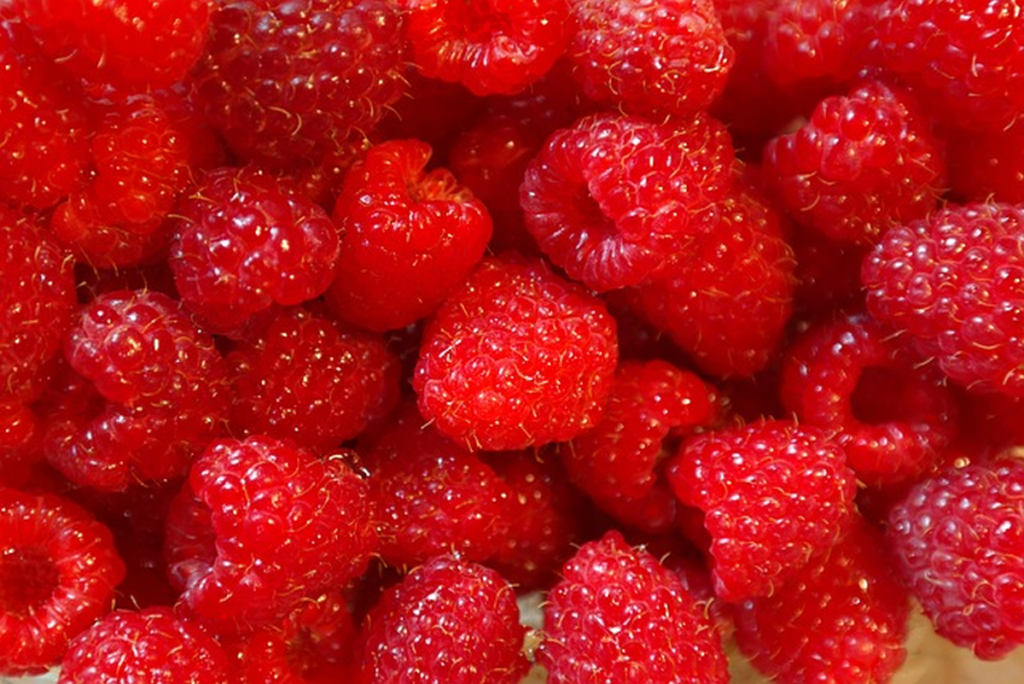Moses refused to mention raspberries, a fruit he finds unremarkable at best, and nauseating at worst.
Plains of Moab, May 18 – In deciding which types of produce to invoke in praising the Land of Canaan before the imminent entry of the Israelites, Moses specifically decided not to mention members of the Rubus Idaeobatus subgenus, which he characterized as repulsive, the prophet acknowledged today.
Part of Moses’s farewell address to the people, contained in the developing book of Deuteronomy, touted the land promised to the descendants of Abraham, Isaac, and Jacob as “A land of wheat, barley, grapevines, fig trees, and pomegranate trees; a land of the oil-olive tree and of honey,” the last term of which referred not to the product of the beehive, but of dates. Pointedly, however, Moses refused to mention raspberries, a fruit he finds unremarkable at best, and nauseating at worst.
“Verily, I left out that abomination,” he confirmed in an interview following today’s portion of the address. “The accursed raspberry may well grow in the land the Lord vowed to grant to the offspring of the Fathers. As doth the mosquito, but we sing not the praises of that foul beast, for similar reasons.”
The Man of God admitted that he had requested of the Almighty approval for a passage, however short, denouncing the execrable raspberry in terms analogous to those barring incest, usury, theft, and judicial corruption, among other offenses. “He turned me down,” recalled the greatest prophet. “Not the first time. I beseeched him five hundred fifteen times to be allowed into the land after the incident with the rock and the hitting, to no avail. Have to get used to rejection after almost a hundred twenty years.”
“I am not overly sour,” he continued, “unlike the foul raspberry, which maketh one recoil from its acridity even as it cloyeth the teeth with its repulsive stickiness. Cleave unto the Lord, but not with this monstrosity’s adhesive properties. The Lord created all manner of flora and fauna with purposes other than human consumption, such as the coelacanth and the raspberry. Cursed is the man who treateth the raspberry as food.”
The people were no longer present to declare, “Amen,” having retired to their tents for the evening.
Moses noted that although the Lord has barred him from explicit invocation of his distaste for raspberries, the Almighty has not, technically, prohibited His prophet from conveying to his successor Joshua, under the Deuteronomical table, an admonition to wipe out all raspberries from the land once the people begin its conquest, not leaving a single bush alive.
Please support our work through Patreon.
Buy In The Biblical Sense: https://www.amazon.com/dp/B0B92QYWSL





